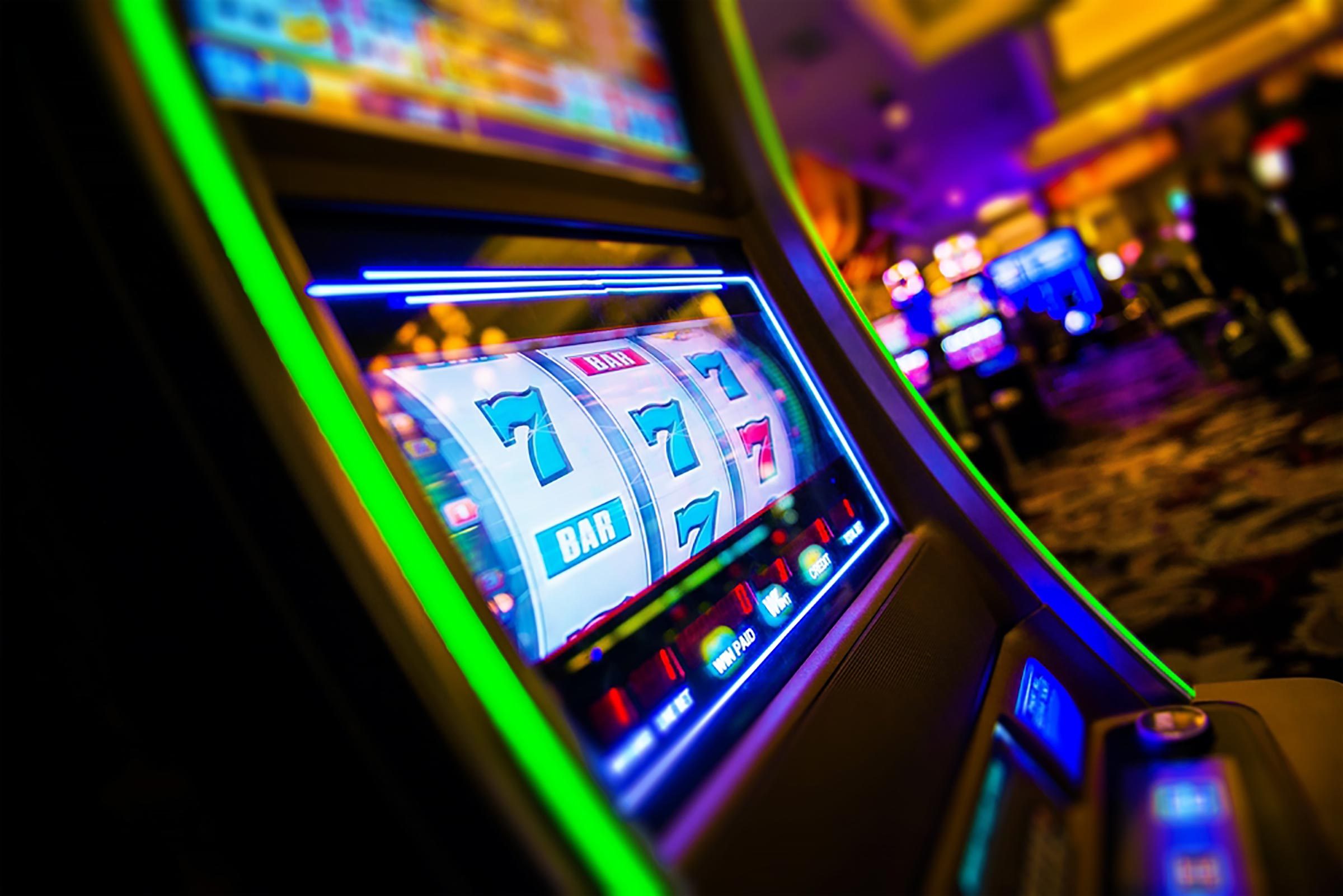
Casino gaming has long been a topic of fascination and controversy, attracting millions of players around the world. With a mix of chance, skill, and the excitement of risk, casino games offer an exciting escape from everyday life. However, as entertainment becomes ever more available, it calls for a more thorough examination of the morality surrounding these games.
At the heart of the discussion lies the question of whether casinos promote safe gambling or take advantage of at-risk individuals. The appeal of potential winnings versus the truth of losses can create a complex dynamic, and understanding this balance is crucial for both players and operators. As we delve into the ethics of casino gaming, we will explore the duties of casinos, the impact on society, and the measures that can be taken to foster a better gaming environment. PG88
The Impact of Casino Gaming on Society
Casino gaming has a significant influence on the community, affecting not only the economy but also social behaviors and local frameworks. The funds generated from casinos can lead to employment opportunities and boost regional economies, as they provide numerous employment opportunities in multiple fields including food and beverage, leisure activities, and shopping. However, while the economic advantages can be significant, communities often struggle with the potential negative impacts that arise from higher gambling activity.
Additionally, the presence of casinos can lead to an increase in gambling addiction, presenting significant challenges for individuals and families. The excitement of casino games can quickly transform into a habitual habit, affecting connections with others and leading to financial instability. Many individuals may struggle with the loss of control over their gambling behaviors, resulting in a need for assistance programs and help to address this increasing issue. The social cost of gambling addiction can extend through families and neighborhoods, creating an urgent need for sensible gambling approaches.
In addition to the economic and social ramifications, casino gaming often reflects cultural attitudes towards uncertainty and leisure. It can foster a sense of excitement and leisure, attracting tourists and boosting tourism. However, this allure may also conceal the wider implications of gambling as a method of entertainment, raising ethical questions about its promotion and accessibility. As communities weigh the benefits and disadvantages of casino gaming, the need for sensible approaches and regulation becomes increasingly critical in ensuring that the positive aspects are enhanced while minimizing the potential harms.
Moral Concerns in Gambling Practices
The ethics of gambling operations often center around the risk for addiction and its effects on individuals and families. Gambling can lead to serious monetary distress, impacting not only the gamblers but also their loved ones. As individuals become caught in the allure of winning, many lose sight of their financial limits, which can result in catastrophic outcomes such as insolvency. This poses moral questions about the responsibility of casinos in fostering safe gaming habits and offering support for those who may be dealing with betting addiction.
Another critical concern is the advertising of gambling to at-risk groups. Casinos often aim at low-income individuals or neighborhoods with the promise of fast rewards, which can perpetuate patterns of poverty and hopelessness. In this context, the morality of advertising strategies used by casinos come under scrutiny, as they may exploit the desperation of people seeking an way out from economic troubles. This manipulation raises moral questions about the integrity of the gambling industry and its obligation to safeguard its most at-risk customers.
Additionally, the impact of gambling operations on the community as a entirety cannot be ignored. While some argue that casinos create employment and boost local economies, others point to the community costs associated with problem betting, increased crime rates, and a burden on public resources. Balancing economic benefits with the risk for social harm presents a complex moral dilemma for policymakers and gambling operators alike. The challenge lies in finding a responsible approach that takes into account the welfare of individuals and communities while still permitting for the enjoyment of casino gaming.
Regulatory Framework and Obligations
The oversight structure pertaining to gambling operations is created to ensure fairness, trustworthiness, and player security. Multiple government agencies and gambling commissions set and enforce regulations that dictate how gambling games operate, the guidelines for activity creation, and the procedures for handling winnings. These regulations vary by jurisdiction but typically involve licensing requirements for operators and strict measures to prevent fraud and dishonesty.
In also to governing bodies, casino establishments bear considerable accountability in maintaining moral standards within their venues. They must implement responsible gaming practices that promote gambler security and awareness, including presenting self-exclusion options and offering information about the dangers associated with betting. casino pg88 Operators are also obligated for instructing workers to recognize signs of problem gaming and be aware of the proper measures to help customers in need.
Moreover, clarity in casino operations is vital for building and keeping public confidence. Gaming establishments should present clear information about the probabilities of activities, advertising opportunities, and any associated risks. By fostering an atmosphere of transparency and trust, casinos can help mitigate the likelihood negative impact of gambling while enhancing the complete gaming experience for all players.